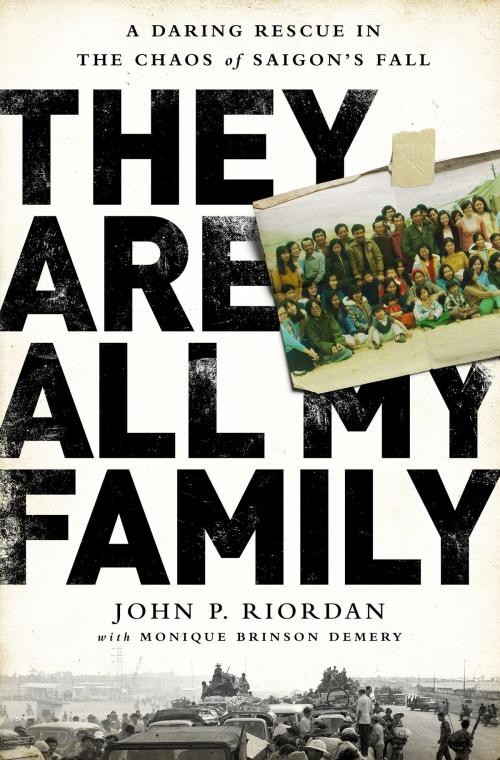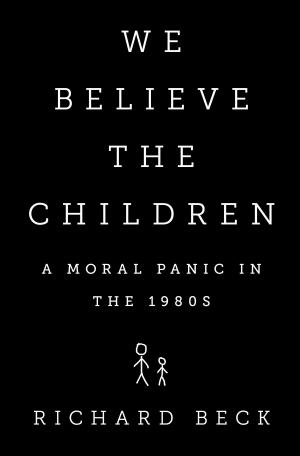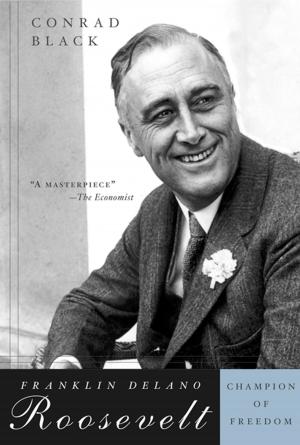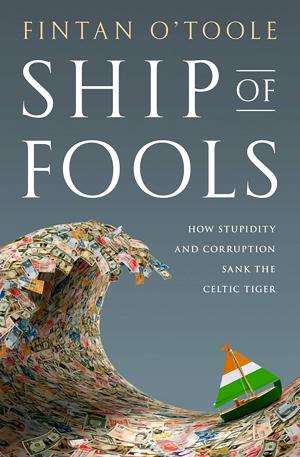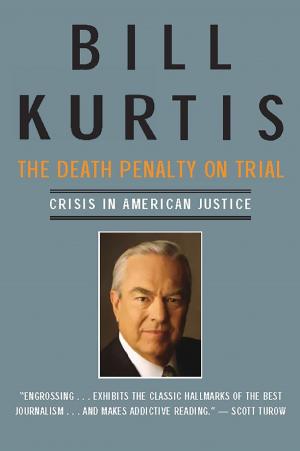They Are All My Family
A Daring Rescue in the Chaos of Saigons Fall
Nonfiction, History, Military, Vietnam War, Asian, Biography & Memoir| Author: | John P. Riordan | ISBN: | 9781610395045 |
| Publisher: | PublicAffairs | Publication: | April 7, 2015 |
| Imprint: | PublicAffairs | Language: | English |
| Author: | John P. Riordan |
| ISBN: | 9781610395045 |
| Publisher: | PublicAffairs |
| Publication: | April 7, 2015 |
| Imprint: | PublicAffairs |
| Language: | English |
In the chaotic final days of the Vietnam War in April 1975, as Americans fled and their Vietnamese allies and employees prepared for the worst, John Riordan, a young banker, the assistant manager of Citibank's Saigon branch succeeded in rescuing 106 Vietnamese. They were his 33 Vietnamese staff members and their families. Unable to secure exit papers for the employees, Citibank ordered Riordan to leave the country alone. Safe in Hong Kong, Riordan could not imagine leaving behind his employees and defied instructions from his superiors not to return to Saigon. But once he did make it back on the last commercial flight, his actions were daring and ingenious.
In They Are All My Family, Riordan recounts in a vivid narrative how the escape was organized and carried out. He assembled all 106 of the Vietnamese into his villa and a neighboring one telling them to keep their locations secret. A CIA contact told him that only dependents of Americans were allowed to escape on U.S. military cargo planes. Riordan repeatedly went to the processing area and claimed groups of the Vietnamese as his relatives-his wife and children-somehow managing to get through the bureaucratic shambles. Eventually he went back and forth to the airport 15 times. Filling out papers in groups, using false documents and even resorting to a bribe, he succeeded in rescuing the group. For the last round, the group drove the bank van to the airport pretending they had bundles of money to transport. Miraculously, all these gambits worked and the Citibank group made it to Guam and the Philippines, eventually reuniting at Camp Pendleton in California. All the while, Riordan assumed he had been fired for ignoring orders but once the mission was completed, his extraordinary commitment and resourcefulness won him widespread praise from senior officials. Citibank spent a million dollars to resettle the Vietnamese, offering jobs to some of the staff and their spouses.
Decades later, Riordan has located the Vietnamese and reconnected with them, sharing accounts of those frantic days and the derring-do it took to get them out to safety. John Riordan is now a farmer in Wisconsin. His story of those fateful days decades ago and their aftermath provides a compelling insight to the courage of individuals when all seemed lost. For all the tragedy of the Vietnam War, this saga is an uplifting counterpoint and a compelling piece of micro-history.
In the chaotic final days of the Vietnam War in April 1975, as Americans fled and their Vietnamese allies and employees prepared for the worst, John Riordan, a young banker, the assistant manager of Citibank's Saigon branch succeeded in rescuing 106 Vietnamese. They were his 33 Vietnamese staff members and their families. Unable to secure exit papers for the employees, Citibank ordered Riordan to leave the country alone. Safe in Hong Kong, Riordan could not imagine leaving behind his employees and defied instructions from his superiors not to return to Saigon. But once he did make it back on the last commercial flight, his actions were daring and ingenious.
In They Are All My Family, Riordan recounts in a vivid narrative how the escape was organized and carried out. He assembled all 106 of the Vietnamese into his villa and a neighboring one telling them to keep their locations secret. A CIA contact told him that only dependents of Americans were allowed to escape on U.S. military cargo planes. Riordan repeatedly went to the processing area and claimed groups of the Vietnamese as his relatives-his wife and children-somehow managing to get through the bureaucratic shambles. Eventually he went back and forth to the airport 15 times. Filling out papers in groups, using false documents and even resorting to a bribe, he succeeded in rescuing the group. For the last round, the group drove the bank van to the airport pretending they had bundles of money to transport. Miraculously, all these gambits worked and the Citibank group made it to Guam and the Philippines, eventually reuniting at Camp Pendleton in California. All the while, Riordan assumed he had been fired for ignoring orders but once the mission was completed, his extraordinary commitment and resourcefulness won him widespread praise from senior officials. Citibank spent a million dollars to resettle the Vietnamese, offering jobs to some of the staff and their spouses.
Decades later, Riordan has located the Vietnamese and reconnected with them, sharing accounts of those frantic days and the derring-do it took to get them out to safety. John Riordan is now a farmer in Wisconsin. His story of those fateful days decades ago and their aftermath provides a compelling insight to the courage of individuals when all seemed lost. For all the tragedy of the Vietnam War, this saga is an uplifting counterpoint and a compelling piece of micro-history.
